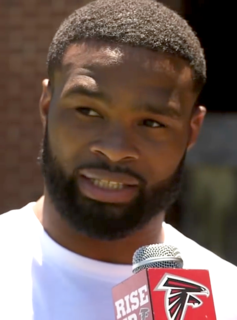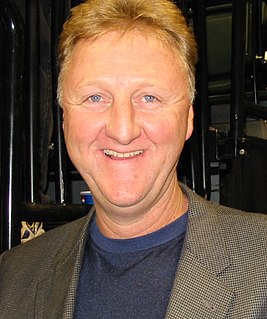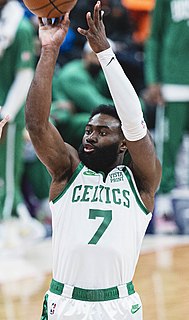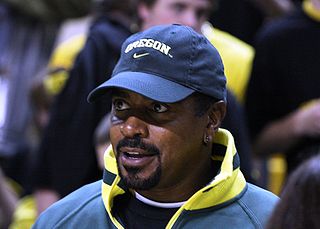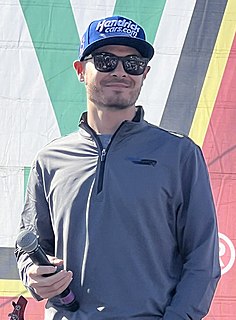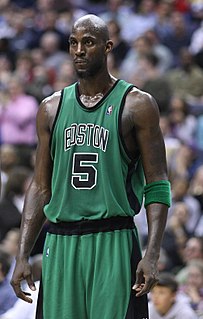A Quote by Tyron Woodley
I think that - this is my personal opinion - but sometimes African American athletes are considered overly cocky.
Related Quotes
I use African-American, because I teach African Studies as well as African-American Studies, so it's easy, neat and convenient. But sometimes, when you're in a barber shop, somebody'll say, "Did you see what that Negro did?" A lot of people slip in and out of different terms effortlessly, and I don't think the thought police should be on patrol.
I find that people today tend to use them interchangeably. I use African-American, because I teach African Studies as well as African-American Studies, so it's easy, neat and convenient. But sometimes, when you're in a barber shop, somebody'll say, "Did you see what that Negro did?" A lot of people slip in and out of different terms effortlessly, and I don't think the thought police should be on patrol.
Like anyone else in television, I like to explore my life experience. And I don't think African-American artists see doing shows or art about African-Americans as something 'less than.' I think maybe the industry sometimes does. We don't get as much attention, we don't get critical acclaim and so on.
Sometimes when I hear commentating, it's sickening. People who never played the game, people who never played in the league have an opinion, and that's all it is. You are here to educate the watcher or the viewer. Sometimes it comes off as personal. I don't ever want to come off like that. My opinion is my opinion about someone.
